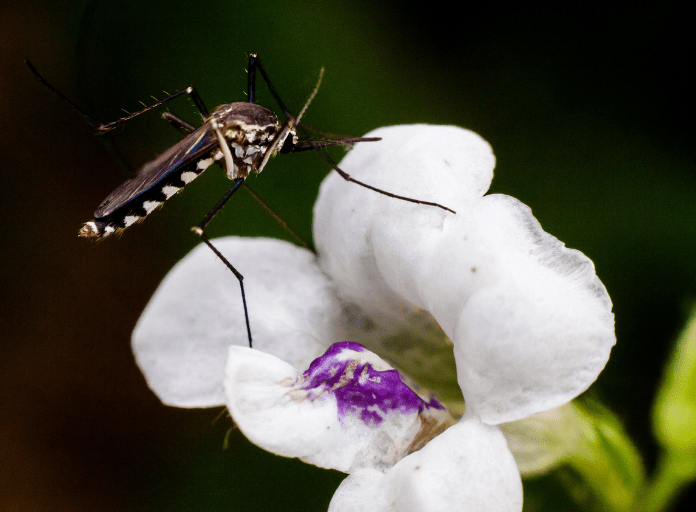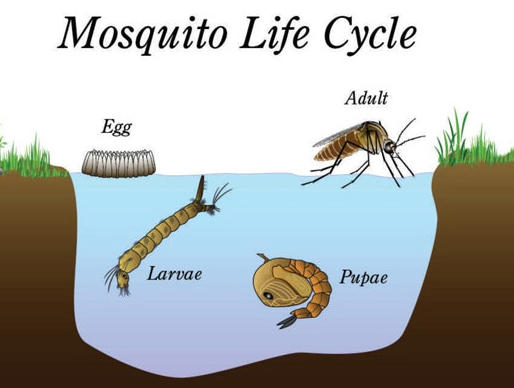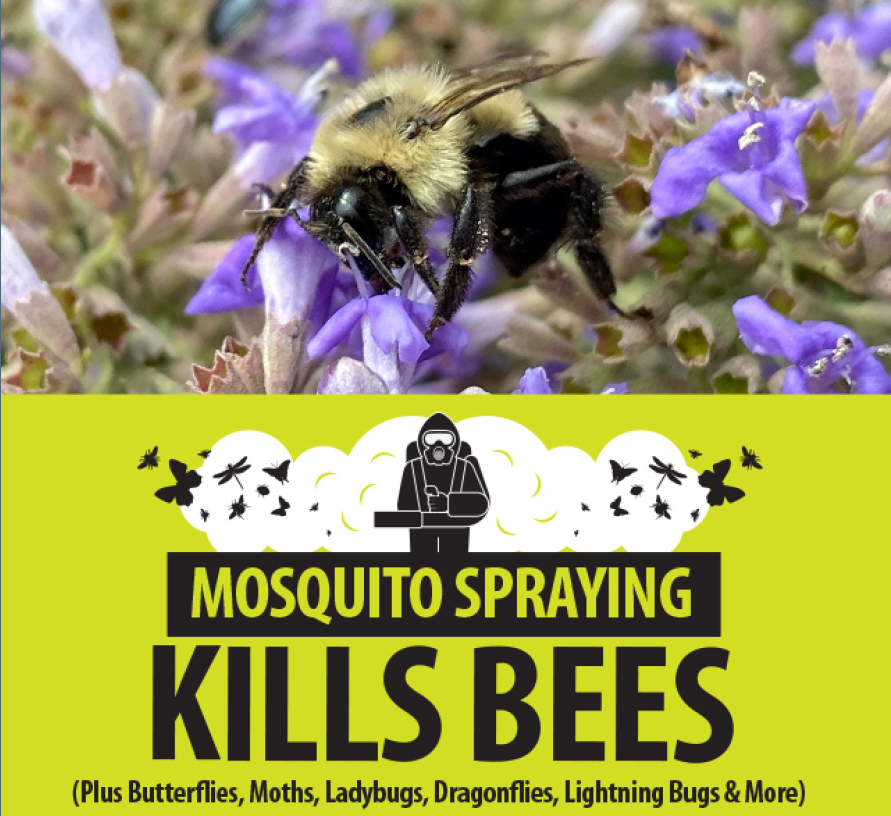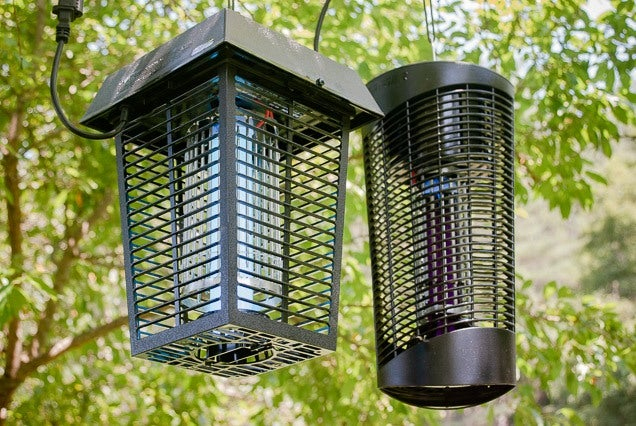SURVIVING MOSQUITO SEASON
Is there is any creature on this planet that drives us to the brink of insanity quite like mosquitoes?
While we may wish they were extinct, their presence on the planet provides food for other living things such as birds and dragonflies and their service as plant pollinators. Who knows which ecological string would be pulled if they were banished all together from the planet?
When bugs are bugging us, it’s tempting to resort to insecticides. But please, don’t give in to temptation. Be kind to the planet and our fellow beings by implementing proactive strategies to control their populations and protect your health and peace of mind.

DID YOU KNOW THAT MOSQUITOES ARE POLLINATORS?
As they visit flowers to consume nectar, mosquitos serve to pollinate the plants.
Protect yourself without harming pollinators or other wildlife
Eliminate breeding grounds. Most mosquitoes fly only short distances from where they hatch, so it is very important that we look for breeding sites around our houses. Mosquito larvae and pupae (see what they look like in the image below) require stagnant water to develop, such as water in clogged gutters, large puddles of standing water, flower-pot saucers, bird baths, water bowls for pets and dense groundcover. Draining standing water or making it turbulent will greatly reduce mosquito populations.
Get an agitator or “water wiggler” for your bird bath to prevent Mosquito larva from hatching. Moving water also tends to attract more birds, so make sure to clean your bird bath frequently.
Use Mosquito dunks. If there is a location where you can’t eliminate water, use mosquito dunks, which are toxic only to the larvae of mosquitoes and other biting flies and are nontoxic to other wildlife. The dunks contain Bacillus thuringiensis or “Bt,” a bacterium naturally found in soil. You also can make DIY mosquito larva traps using dunks.

Encourage mosquito-eating birds. There are lots of birds that eat mosquitoes, and we can encourage them to help us by making our yards and neighborhoods bird-friendly. Bats are also great mosquito-eaters, so put up a bat house or two if you have a likely spot.
Limit opening and closing doors or windows from dusk to dawn, when mosquitoes are most active. Repair or replace window screens with holes or tears.
Cover up with clothing: Simple, but true that long sleeves and pants will prevent most bites. Repellents (see below) can prevent many of the rest.
Turn on a fan: Mosquitoes can’t fly against a steady breeze.
Suck them up with a vaccuum cleaner or dust buster (by the way, this also works with grasshoppers in the garden). Mosquitos especially like to congregate in dark corners.
REPELLENTS:
Both synthetic and plant-based insect repellents can be effective at keeping mosquitoes away. Always follow application instructions.
-
- DEET, considered to be the gold standard in repellents, provide the longest lasting protection, but it is toxic to dogs and cats and there are some reports about human toxicity, especially when combined with Permethrin.
- Consider products that contain Picaridin, an effective mosquito combatant that is reportedly safe for dogs and cats. Or check out Oil of Lemon Eucalyptus or Cedarcide as a non-toxic alternative for humans and animals. If you have questions about product safety, Beyond Pesticides is a trustworthy organization.
- Try coconut scented oil, cream or soap, which researchers have been found to be distasteful to mosquitos. Check out their findings on this and other scents as a mosquito repellent.

REFUSE TO USE INSECTICIDES
Insecticides, a category of pesticides, kill all insects, including pollinators, not just mosquitos. The chemicals in insecticides also may be absorbed by plants and then transferred to the insects that eat those plants, affecting their reproduction and brain function.
Insects are at the base of the food chain. Without them, birds (many of which help to control mosquito populations naturally) and other creatures that rely on insects are challenged to find enough food for themselves and their young. When they eat sprayed insects, the insecticide can build up and affect their health. READ MORE
BUG ZAPPERS – DO THEY DO MORE HARM THAN GOOD?

In two independent studies, “investigators at the University of Notre Dame showed that mosquitoes comprised merely 4.1% and 6.4% respectively of the daily catch over an entire season.
Even more important was the finding in both studies that there was no significant difference in the number of mosquitoes found in yards with or without bug zappers.
What is particularly disconcerting, however, is the number of non-pest insects that comprise the vast majority of trap catch. Many of these insects are beneficial and/or predators on other insect pests. They in turn constitute a major part of the diet of many songbirds.”
Subscribe to our newsletter
Our monthly newsletter will keep you up to date on our scheduled events, our work, and features monthly nature-related articles.
